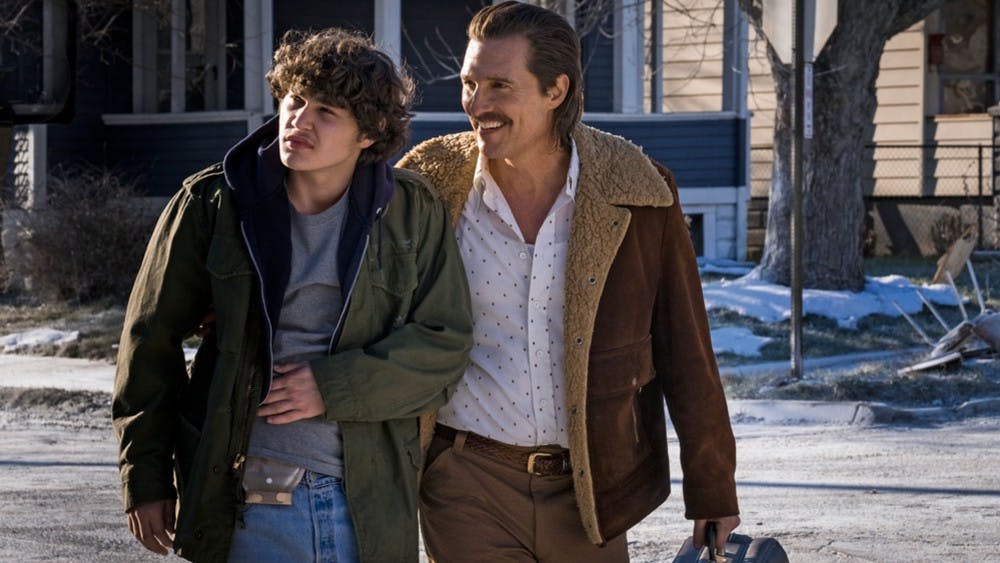Kristen Warner, associate professor at the University of Alabama, spoke to Auburn students about her extensive research into race and representation in the entertainment industry.
Warner has been at the University of Alabama for eight years and works as an associate professor in the journalism department. For years, she has been looking into the inner workings of casting and what the demographics of Hollywood look like. In 2015, she wrote a book called "The Cultural Politics of Colorblind TV Casting" and has also published many works on racial representation in the entertainment industry in academic journals.
For her speech, which was titled “Just Business: Understanding Hollywood Logic and Issues of Identity through Film and Television Casting," Warner gave an in-depth look at her thesis. She said to understand the issues in Hollywood, the audience needed to hear commonly wrong assumptions.
“There are three common tables that deflect the gravity of diversity and identity in the industry,” Warner said. “Those three things are that it’s just business, it’s just entertainment and [Hollywood is] just giving people what they want.”
Warner said people sometimes believe that casting choices are made free of human decision, but she emphasized that they’re not. She mentioned how humans all have their own beliefs and values and will make executive decisions in the industry based on those factors.
In 2015, Universal Studios had a successful year regarding its box office with movies such as Fifty Shades of Gray, Pitch Perfect 2 and Jurassic World. Warner explained how specific executive decisions led to this outcome.
“It’s not solely the budget that was a teachable lesson," Warner said. "It was who they targeted that I think is really interesting and instructive: young white women, black and white women, young children and exclusive multiracial audiences in some cases."
The next assumption that Warner targeted was that it’s just entertainment. She did this by explaining the logic behind most television producers, which is they tend to give people what they want or at least what they think they want.
“The truth is that we often don’t know what we want, but we will often take suggestions,” Warner said.
Warner explained further how sometimes people, as consumers, will believe they are making their own decisions, but in fact, producers track what the consumers have been drawn to before and hope that they will buy it again.
In the last part of her speech, Warner discussed how the roles that actors are cast for are determined based on societal and historical norms. The Hollywood executive determine who would look best in a role as well as what specific character actions would best fit the stereotype.
“We have to consider that people already have ideas of what something means or something looks like,” Warner said.
One of the main examples Warner used to express her point was Bonnie Bennett, a character from the Vampire Diaries. Bennett is one of the only African-American characters on the show and was originally blind casted, or casted without race being a factor, but she ended up with fans who believed her to be written into a stereotypical role.
Even though the original character’s race didn’t matter, Warner showed how Bennett's character began experiencing what would be considered normal for another female character of color. This includes constantly saving her friends, having her parents die and not ending up with a love interest, or at least not easily.
“Remember that historical precedence, in short answer, are your guiding hands in media,” Warner said. “Media and marginalized people have been typed into iconographic mediated types for centuries."
But Warner said work has been done toward correcting it this age-old Hollywood approach, or what Stuart Hall calls a racist regime of representation. One of the biggest blessings in blind casting was with Shonda Rhimes and has continued to happen more often than not.
“In order to create this, you actually have to do more work than just putting bodies on the screen," Warner said. "You actually have to research. You actually have to hire people that don’t look like you."
Do you like this story? The Plainsman doesn't accept money from tuition or student fees, and we don't charge a subscription fee. But you can donate to support The Plainsman.





